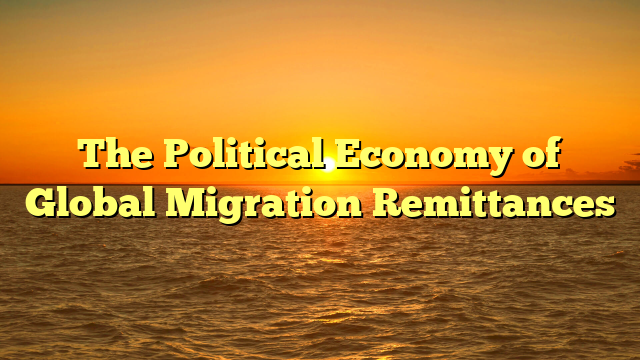Global migration has reshaped economies, not just through labor but through financial flows. Remittances from diaspora communities are now critical sources of income slot777 link alternatif and influence, making migration a key factor in global political economy.
In 2025, remittances are projected to exceed $700 billion globally, surpassing foreign direct investment in many developing nations. Countries like Mexico, the Philippines, India, and Egypt rely on these inflows for consumption, infrastructure, and social programs.
Migration policy directly impacts remittance flows. Restrictive immigration laws, visa limitations, and financial regulations in host countries affect both the volume and stability of these transfers. Conversely, policies that facilitate legal migration channels increase financial and political leverage.
The geopolitics of remittances extends beyond economics. Diaspora communities influence foreign policy debates, lobby for development aid, and shape bilateral relations. Governments increasingly view remittances as a tool for both domestic stability and international diplomacy.
Experts argue that integrating migration, finance, and development policy is essential. “Remittances are not just money,” said World Bank economist Dilip Ratha. “They are political capital and a lifeline for millions.”
As migration continues, its economic and political consequences will remain central to the governance of both sending and receiving countries.
